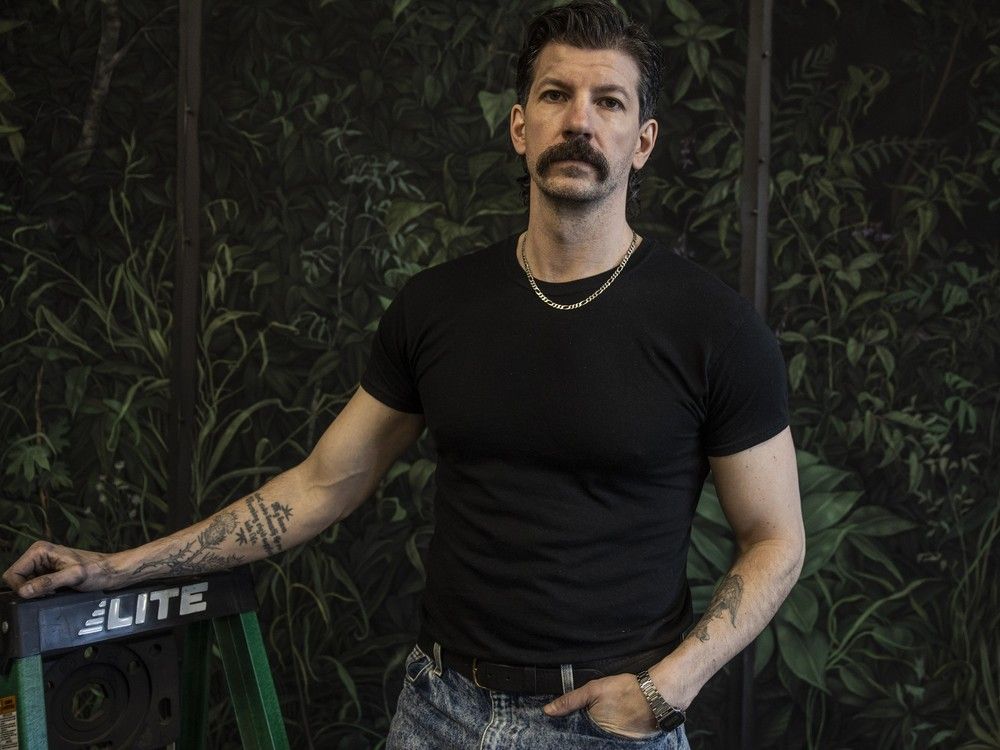
There is a saying attributed to Aristotle, “One swallow does not make a summer,” which serves as a reminder not to draw conclusions or make assumptions based on a single event. However, several questionable events in our recent past have raised the issue of bullying in our country. Notably among them was the sudden appointment of a new Prime Minister of Trinidad and Tobago, which several members of Parliament were opposed to, but within 24 hours were allegedly “coerced” into endorsing the candidate and thereby creating history.
They seemingly swallowed their pride and threw their full support behind Mr Stuart Young and he was duly sworn in as Prime Minister. Then the new PM was embroiled in a much publicised bullying matter during his high school days. Prior to that, our previous minister of finance was engaged in a $2.

7 billion David vs Goliath war with the Auditor General where he lost at the Privy Council. And most recently, the Judicial and Legal Service Commission, chaired by Chief Justice Ivor Archie, lost its challenge of a Court of Appeal decision which found that the commission acted unlawfully by pressuring Marcia Ayers-Caesar to resign as a High Court judge in 2017. The Privy Council declared Ayers-Caesar’s forced resignation as unlawful and a violation of her constitutional rights.
Even Dr Joel Teelucksingh’s “Ask the Doctor” column entitled “The Emperor’s new Hospital” was met with a suspension from his place of employ —the South-West Regional Health Authority. These events, amongst others, made me wonder if we are indeed becoming a bullying state. The Anti-Bullying Alliance (ABA), based in England, defines bullying as the repetitive, intentional hurting of one person or group, where the relationship involves an imbalance of power.
Bullying behaviour can be physical, verbal, emotional, sexual, online/cyber and indirect. The “father” of bullying research, Dr Dan Olweus (1931-2020), conducted the first systematic research on bullying in 1970 involving 1,000 boys in Stockholm, Sweden, and his findings was published in his 1978 book, Aggression in Schools: Bullies and Whipping Boys. This Swedish-Norwegian psychologist was the developer of the Olweus Bullying Prevention Programme (OBPP), aimed at preventing and addressing bullying in schools, and has been implemented in numerous countries and schools worldwide.
His work has led to a better understanding of bullying, its causes, and effective strategies for prevention and intervention. He also wrote Bullying at School, What we Know and What We Can Do. The OBPP has been implemented in thousands of schools across the United States and in several countries, including Barbados, Brazil, Germany, Iceland, Lithuania, Mexico, Norway, Panama, Sweden, the United Kingdom and Ireland.
The programme is designed for students in elementary, middle, and junior high schools (students aged five to 15 years old), and research has shown that OBPP can lead to decreases in student reports of bullying and antisocial behaviour, improvements in classroom climate and increases in positive school attitudes and social relationships. Two years ago, the CEO of Supreme Counselling for Personal Development (in Barbados), Shawn Clarke, disclosed that his organisation developed a 23-page protocol on preventing bullying in Barbados schools. The protocols would be submitted to the Ministry of Education and then Parliament for ratification, so that all schools will be governed by the protocols on how to manage bullying.
Mr Clarke’s organisation has implemented the OBBP in some of the island’s schools. He said, “It is not one school’s problem and not the next, or a ministry (of education) problem or a government problem, but Barbados problem.” Locally, it can be argued that we have fallen prey to a bullying mentality that has indeed permeated our society and has been accepted as a way of life, but we must find a way to rid/alleviate ourselves from this dangerous trait.
Behaviours such as these, if left unchecked, can lead to dictatorships. What also resonated in my mind was Shawn Clarke’s comment, “Until we realise that we have to attack this as a collective, where all adults have to be singing from the same hymn sheet, then we are going to continue to see an increase in bullying and a deterioration in the moral fibre of Barbados.” In T&T, where “every creed and race finds an equal place”, we have to work together towards tackling bullying head on.
Let us hope that come April 29, whoever is given the mandate to run this country would place some emphasis on this bullying culture and sing from the same songbook..















